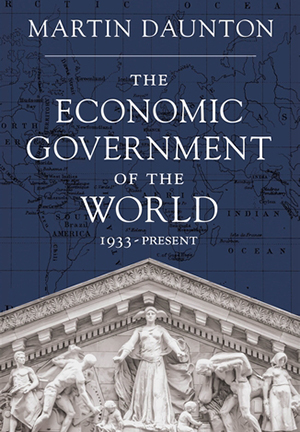The Economic Government of the World
ISBN: 9781846141713
An epic history of money, trade and development since 1933
In 1933, Keynes reflected on the crisis of the Great Depression that arose from individualistic capitalism: ‘It is not intelligent, it is not beautiful, it is not just, it is not virtuous – and it doesn’t deliver the goods … But when we wonder what to put in its place, we are extremely perplexed.’ We are now in a similar state of perplexity, wondering how to respond to the economic problems of the world.
Martin Daunton examines the changing balance over ninety years between economic nationalism and globalization, explaining why one economic order breaks down and how another one is built, in a wide-ranging history of the institutions and individuals who have managed the global economy. In 1933, the World Monetary and Economic Conference brought together the nations of the world: it failed. Trade and currency warfare led to economic nationalism and a turn from globalization that culminated in war. During the Second World War, a new economic order emerged – the embedded liberalism of Bretton Woods, the International Monetary Fund and the International Bank for Reconstruction and Development – and the post-war General Agreement on Tariffs and Trade. These institutions and their rules created a balance between domestic welfare and globalization, complemented by a social contract between labour, capital and the state to share the benefits of economic growth.


